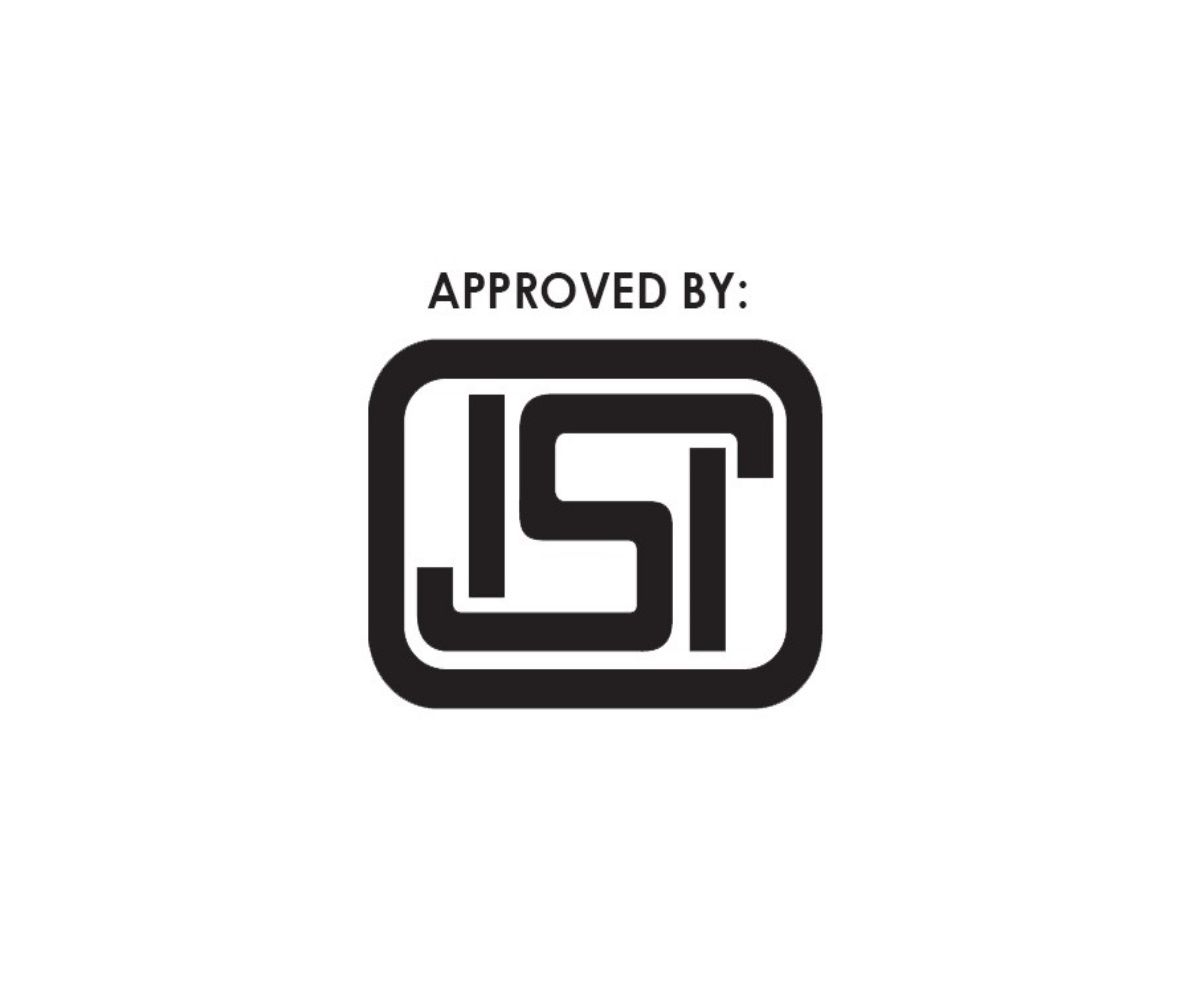PRODUCT CERTIFICATION SCHEME (ISI MARK) FOR DOMESTIC MANUFACTURERS
By: Aleph India| Price | Available on request |
| Category | Quality Control Services |
| Manufacturer | NA ( Service Provider ) |
| Min Order Quantity | 1.00 Unit |
| Delivery Lead Time | NA |
| Place of Origin | India |
| Supply Ability | NA |
| Packaging Details | NA |
| Transportation Details | NA |
Description
INTRODUCTION
Anything a person buys from food to cars, clothes to electronics, branded to unnamed products there is always a question that wanders in one’s mind that how to know if he/she can trust the product or the company with the name product comes from. Are there any parameters by which one can estimate the luxury, quality, or grade of the product about to be bought, and if there is some kind of parameters then who decides these parameters? How is your customer going to know that they can trust your brand and its products? This is where BIS Certification comes into play. BIS Certification in India is considered to be the mark of trust for the buyers.
Let's first look at what is BIS Certification?
BIS Certification stands for Bureau of India Standards, under the BIS Act, 1986, the government of India established this national Indian certification body under the Indian Ministry of Consumer Protection, Food and Public Distribution. The organization is the largest Indian certification body and having an increasingly important role in managing, grading, and standardizing the quality standards of several consumer products. In this role, BIS as an agency is responsible for a number of key certifications in the Indian market. Moreover, it gives the BIS certification to the companies after confirming the standards of their products. Additionally, this process conducted by Bureau of India Standards certification helps the companies to put up a reputed brand image in the industry. From all these years, the BIS has become the second name of quality and genuineness. Whereas the products with BIS Certification in India also can use ISI symbols.
BASIC CRITERIA FOR BIS CERTIFICATION:
The following are the basic requirements for obtaining a BIS licence, as listed below.
The product must meet Indian Standard Specification criteria.
BIS license is only given to the factory (manufacturer of finished products), not to the Distributor/Retailer.
If a manufacturer has multiple factories, each of which is located at a distinct geographical address, the business must file a separate application for each product and factory location.
The laboratory should be fully equipped with product testing equipment as well as qualified quality control personnel to test the product in accordance with the applicable ISS.
All production machinery and testing facilities should be located on the factory premises as per ISS norms and respective SIT.
All procedures should be completed in the same factory, from receiving raw materials to final packing. If any out-sourcing is required, clearance from the Bureau may be requested.
The technical guidelines are available for all the products covered under the Product Certification Scheme as ‘Product Manuals’. Product manuals include sampling guidelines, list of test equipment, Scheme of Inspection and Testing (SIT), description of scope etc. The applicant can refer to this Product Manuals for BIS Certification to prepare for the audit and application submission so that chances of rejection can be avoided.
With the BIS – ISI Certificate, the companies and their products simply unlock the following motives.
Attaining consumer trust
Assuring consumers health
Consumers get aware that the product is safe and out of physical harm.
Do you know that BIS-ISI Certification is mandatory in India for more than 150 products? Even though it is voluntary to get BIS, the BIS made it compulsory to attain the certificate on certain products to make sure the safety of the consumers from counterfeits and fake merchandise. Under the BIS – ISI Certification, there are various requirements which are broadly classified into two types: The mandatory BIS Certification which includes factory inspection There is voluntary BIS Certification just to achieve trust in the hearts of consumers.
Documents Requirement
Documentations requirement is very specific and generic for the BIS Certification application which includes:
Laboratory Test Reports as per Product Standard
Factory Registration Documents
Manufacturing process flow chart
In-house Testing Facilities
Details of Authorised Signatory and other related documents.
Other Products
Post requirements














